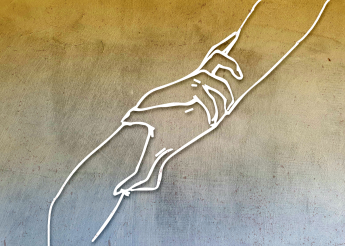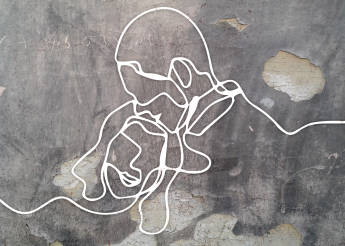Ariane Amado. This gendered view tends to disadvantage women, especially when it comes to women’s wards within men’s prisons, where female prisoners have less access to visiting rooms and family visiting units. The prison administration links this discrepancy to the disproportionate number of male prisoners, which requires a greater number of dedicated facilities.
On the other hand, men cannot be imprisoned with their children. In Belgium, for example, no man has ever been incarcerated with a child, despite the neutrality of the law, which states that “children under the age of three may stay with their detained parent in a section specifically designed for this purpose”.
The discrepancy goes even further in France, where this practice is both a legislative and structural impossibility; the penitentiary code explicitly states that “children may be kept in prison with their mother until the age of eighteen months”. The language used is “mother”, not “parent”.
The French system has established nursery wards with dedicated mother-child cells that don’t exist in men’s wards, making it impossible for men to have a child with them. In England as well, the law refers only to women, but the other parent is ungendered; no mention is made of the child’s father, but rather of the birthing partner. This is not the case in France, where nursery staff - perhaps even more than prison staff - attribute explicit significance to the father. Paternity is always referenced - even in the case of lesbian or single women, where the father is non-existent. The hetero-parental family continues to be the model; any other framework is still very difficult to imagine.
This gendered vision results in diverging concepts of reintegration. For men, it involves work. For women, it means maintaining family ties, in particular, ties with children. In England, as in France, probation officers, supervisors and psychologists focus on this aspect of women’s reintegration, well ahead of the quest for employment or training. In England, the view of motherhood as a lever for reintegration is fully reflected in government policy.





